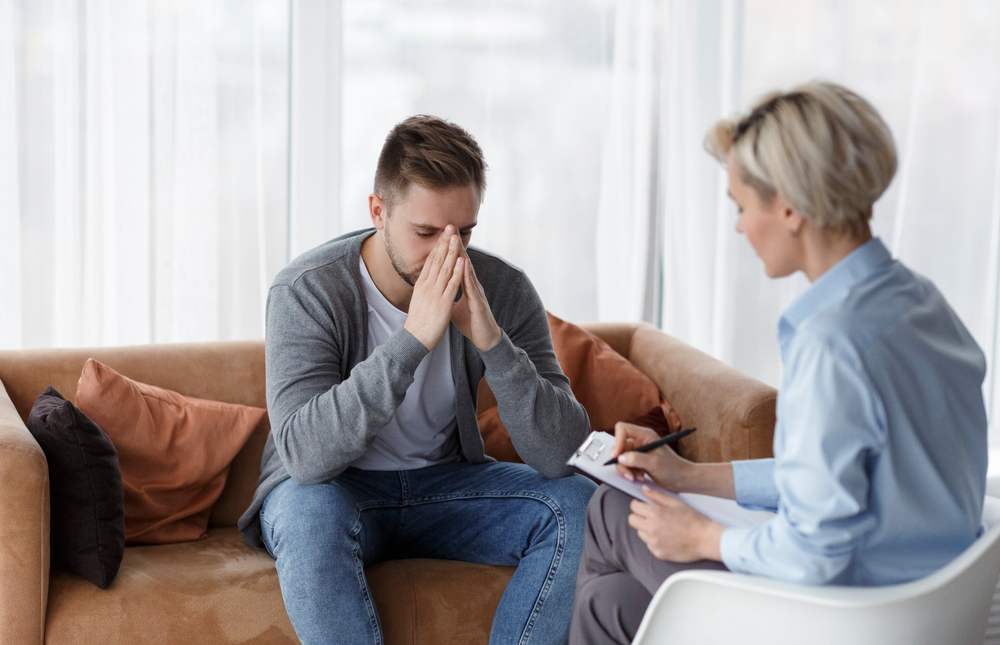“Every man has his secret sorrows which the world knows not; and often times we call a man cold when he is only sad.”
― Henry Wadsworth Longfellow
As the prevalence of mental illness increases, the discourse around mental health has also progressed. More individuals are openly sharing their experiences, symptoms, and diagnoses, yet there remains a need for greater inclusivity in these conversations. It’s crucial to recognize that mental illness manifests uniquely in each person. Depression, for example, isn’t solely portrayed as complete isolation and inability to function, as depicted in the media.
What is Clinical Depression?
Clinical depression, also known as major depressive disorder, is a serious medical condition that goes far beyond the occasional feeling of sadness. It can cause intense, persistent symptoms that significantly interfere with your daily life. Factors like brain function changes, genetics, coping styles, and life stresses contribute to the likelihood of developing this disorder.
How Common is Depression?
Depression is the most widespread psychiatric disorder globally. In the United States alone, nearly 20% of people experience clinical depression at some point in their lives. Yet, many don’t discuss their symptoms with healthcare providers. Interestingly, two-thirds of those with depression who do seek medical help report other symptoms like headaches, back problems, or chronic pain instead.
Why Don’t People Talk About Depression?
There are many reasons why people might hesitate to discuss their depression symptoms:
– Stigma: Concerns about the negative perceptions surrounding mental illness.
– Appropriate Professional: Uncertainty about whether a primary care provider is the right person to talk to.
– Perceived Weakness: Viewing depression as a personal failing rather than a legitimate medical condition.
– Record Concerns:Worries about having a psychiatric illness noted on their permanent medical record.
However, it’s crucial to seek help because effective treatments are available, and untreated depression can lead to severe consequences.
The Impact of Untreated Depression
Without treatment, depression can significantly lower quality of life and increase the risk of suicide and mortality. It can also complicate the management and outcomes of other medical conditions. Depression not only affects the individual but also those around them.
Recognizing the Symptoms
Depression can manifest in various forms and severities. It often co-occurs with other mental health disorders, such as anxiety or substance use disorders. Key symptoms include:
– Depressed Mood: Feeling sad, hopeless, or empty.
– Loss of Interest or Pleasure: Losing interest in activities once enjoyed.
– Changes in Appetite or Weight: Significant weight loss or gain.
– Sleep Disturbances: Insomnia or excessive sleeping.
– Psychomotor Agitation or Slowing: Restlessness or feeling slowed down.
– Fatigue: Persistent tiredness and lack of energy.
– Feelings of Worthlessness: Intense feelings of guilt or worthlessness.
– Concentration Issues: Difficulty thinking, concentrating, or making decisions.
– Suicidal Thoughts: Recurrent thoughts of death or suicide.
Different Faces of Depression
– Mixed Features: Depression with some manic symptoms but not enough for a bipolar diagnosis.
– Anxious Depression:Prominent symptoms of anxiety.
– Situation-Specific Depression: Includes forms like peripartum onset and premenstrual dysphoric disorder.
– Seasonal Affective Disorder (SAD): Depression occurring during specific seasons, typically worsening in late fall and improving in spring.
Comorbidity and Depression
Depression often coexists with other psychiatric or medical conditions, like anxiety disorders, PTSD, OCD, ADHD, and substance use disorders. It’s also common alongside medical issues like diabetes, heart disease, and cancer. This dual presence can complicate treatment and management.
Diagnosis and Treatment
A healthcare provider will assess your symptoms, history, and any potential contributing factors. Treatment often involves psychotherapy, antidepressant medication, or a combination of both.
Getting Help
If you suspect you might be suffering from depression, speak to your healthcare provider about your symptoms and possible treatment options. Immediate help is available if you’re thinking about self-harm or suicide:
– In the US:Contact the 988 Suicide & Crisis Lifeline by calling or texting 988 or visiting [988lifeline.org/chat](https://988lifeline.org/chat).
– Emergency: Call your doctor or nurse and inform them it’s an emergency, or dial 911 for immediate assistance.
Understanding and addressing depression is crucial for improving overall well-being. If you or someone you know might be struggling with depression, reaching out for help is a critical first step. Remember, depression is a real illness, and effective treatments are available.
Mental health issues can’t wait, and neither should you. At Shiloh Health, we’re dedicated to being here for you. We provide comprehensive mental telehealth services, clinical examinations, and therapy for adults, teens, and children. Prefer an in-clinic appointment? We’ve got you covered. Request for a free 15- minute consultation with us or by calling 682-412-0131. Don’t wait—your mental well-being is our priority.







